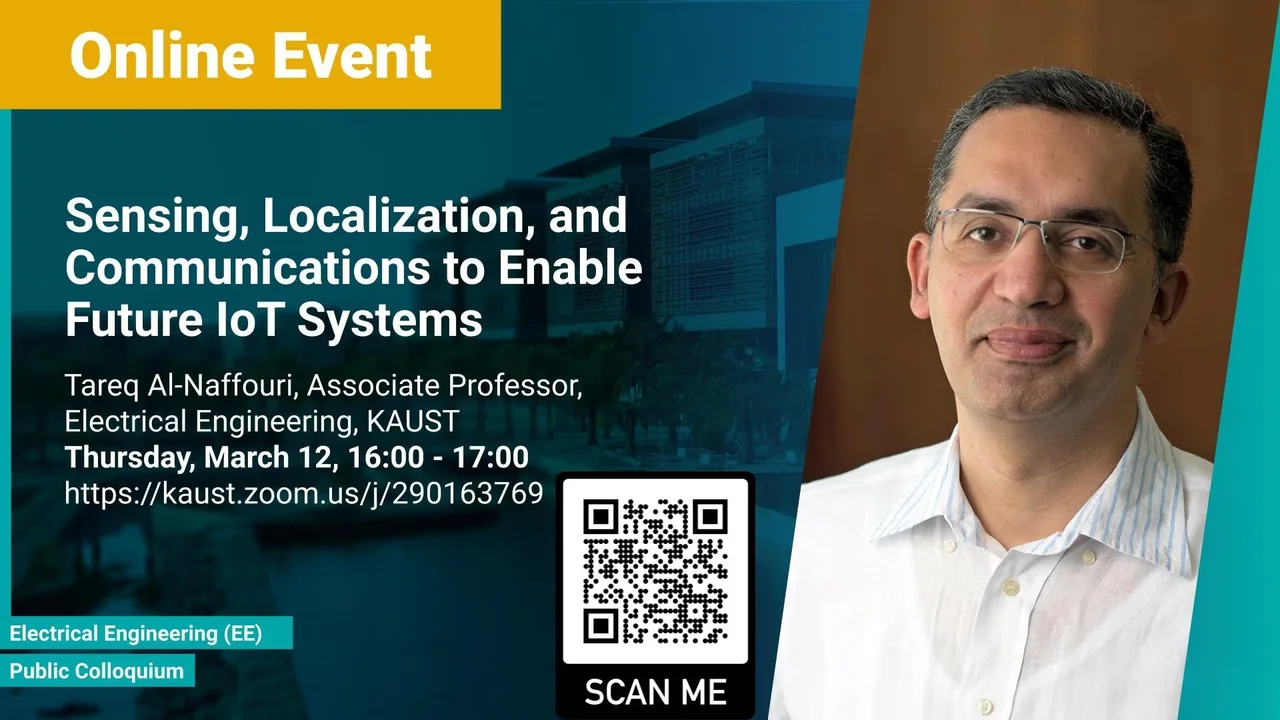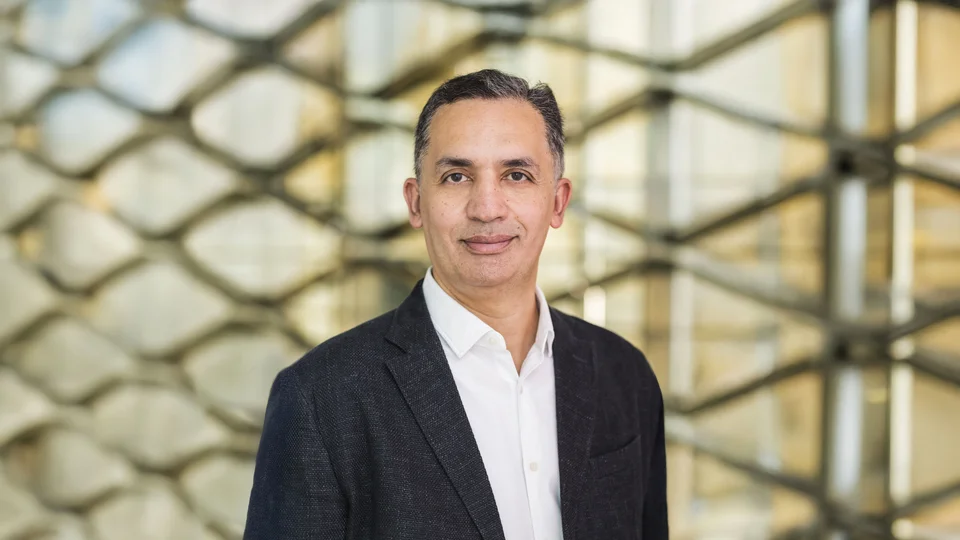
Sensing, Localization, and Communications to Enable Future IoT Systems
In this talk, Tareq will present his research contributions and future directions to advance some critical IoT-enabling technologies: sensing, localization, and communications. He will demonstrate how we take advantage of structure in sensed-data and sensor arrays. This structure can help mitigate sensing uncertainties, improve localization accuracy, and enhance the performance of communication systems, all while reducing the computational overhead. The Internet of Things (IoT) has ushered a new era in many fields including retail, medicine, agriculture, and the automotive industry. In fact, it is projected that by 2025, one trillion IoT devices will be deployed worldwide: the equivalent of 1000 devices per person. To reach such a scale, major advancements are needed in various IoT-enabling technologies.
Overview
Abstract
The Internet of Things (IoT) has ushered a new era in many fields including retail, medicine, agriculture, and the automotive industry. In fact, it is projected that by 2025, one trillion IoT devices will be deployed worldwide: the equivalent of 1000 devices per person. To reach such a scale, major advancements are needed in various IoT-enabling technologies.
In this talk, Tareq will present his research contributions and future directions to advance some critical IoT-enabling technologies: sensing, localization, and communications. He will demonstrate how we take advantage of structure in sensed-data and sensor arrays. This structure can help mitigate sensing uncertainties, improve localization accuracy, and enhance the performance of communication systems, all while reducing the computational overhead.
Brief Biography
Tareq Al-Naffouri received the B.S. degrees in mathematics and electrical engineering (with first honors) from King Fahd University of Petroleum and Minerals, Dhahran, Saudi Arabia, the M.S. degree in electrical engineering from the Georgia Institute of Technology, Atlanta, and the Ph.D. degree in electrical engineering from Stanford University, Stanford, CA, in 2004. He was a visiting scholar at the California Institute of Technology in 2005 and during the summers of 2006 and 2008. He was a Fulbright scholar at the University of Southern California in 2008. He has been an Associate Professor at the Electrical Engineering Department, King Abdullah University of Science and Technology (KAUST) since 2012.
